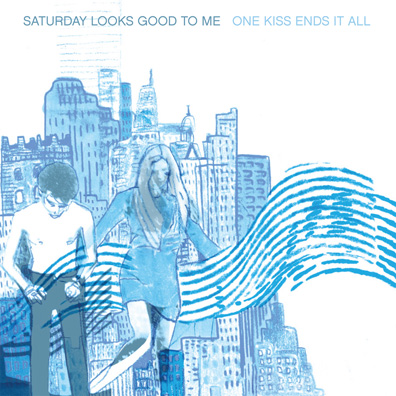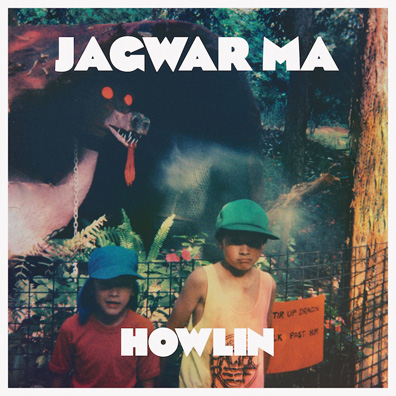 Being anonymous in this day and age isn’t easy. For a few months, The Child of Lov admirably retained his anonymity while generating a beehive of buzz around his first two releases. But now, with his debut LP about to drop, Cole Williams has finally come clean. The Amsterdam-based musician’s name is on every hipster’s lips, as is the all star cast that’s helped to cobble these ten tracks together.
Being anonymous in this day and age isn’t easy. For a few months, The Child of Lov admirably retained his anonymity while generating a beehive of buzz around his first two releases. But now, with his debut LP about to drop, Cole Williams has finally come clean. The Amsterdam-based musician’s name is on every hipster’s lips, as is the all star cast that’s helped to cobble these ten tracks together.Much of the record revolves around a deep sense of malevolency built up through dark rhythmic beats and warped funk sequences. The sinister atmospherics of album opener "Call Me Up" sets the standard, led into a sleazy g-funk corner by the Prince-like falsetto. Off kilter beat-feast "Give Me up” takes this menace further, while the prowling séance of “Days” is accentuated by DOOM's methadone growl.
It’s a luscious sounding effort, coated in creamy layers of production, but numerous ten-a-penny cuts drag it down. Flat out cock-rocker “Heal” is a boneless dirge left helpless by banal lyrics like "do you want to sit with me, I'm your soldier, set me free"; the slow-handed drawl of “Warrior” is just as drab, resembling an overcooked TV on the Radio cast-off; and not even the appearance of Damon Albarn can save the torpid indulgence of "One Day".
Despite such desolation, Williams finds time to bring in some bounce. The up-tempo “Fly” is a persistent bass-slapper that slinks away to an endemic guitar line. The sauntering rhythm and group-hugging chorus of album swansong "Give It To The People" sounds even finer. If it weren’t for Daft Punk’s Get Lucky it would, unquestionably, be this year’s summer anthem.
While it may not live up to the hype, this is still deeply intriguing debut recording. And now the mask of anonymity has been lifted, Cole Williams can start making a name for himself.
First published in the June/July edition of Under the Radar magazine





